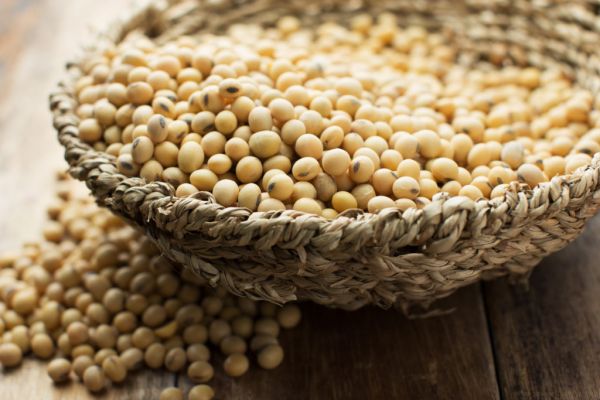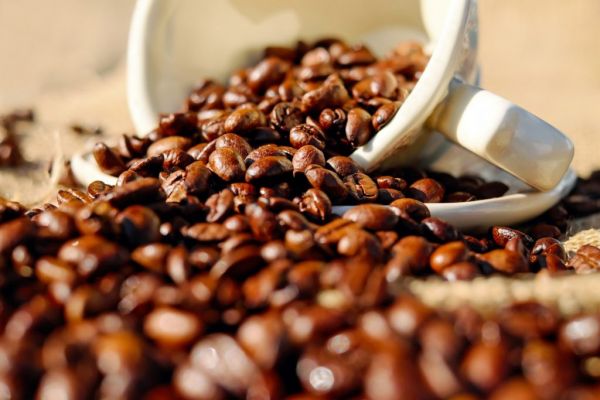The success of modern farmers has become the misery of traders at the world’s biggest agriculture merchants.
Profits are shrinking as years of bumper harvests sap volatility and trading opportunities, forcing companies to tighten their belts. Trading houses such as Cofco International have reorganised their agriculture units this year, leading to the departure of several business heads. Some are leaving to test their luck elsewhere, while others have thrown in the towel and retired.
“The market has changed,” said Miroslaw Marciniak, a consultant at InfoGrain in Warsaw and a former grains trader. “The results aren’t what they used to be. That’s prompting firms to look to cut costs and make savings. There’s pressure and not everyone can stand it.”
At least 40 senior managers and executives in agriculture left their positions at trading houses such as Archer-Daniels-Midland and Louis Dreyfus this year, based on a tally of news stories published by Bloomberg. While in many cases the positions have been refilled, it represents an unprecedented changing of the guard.
Agriculture accounts for almost half of all the job changes in commodities this year, compared with other businesses like oil, metals and gas and power, according to recruiter Commodity Appointments.
While the reasons for the people moves are many - such as company cost cuts, disagreements over strategy or personal choices - they’ve occurred against a backdrop of tougher trading conditions. At the same time, better farm storage and more available market data means growers and consumers can make increasingly favorable deals at the expense of the top merchants.
Profit Pressures
The industry, which for a century has been dominated by the “ABCD” quartet of ADM, Bunge, Cargill Inc. and Louis Dreyfus, has been forced to make wide-ranging changes. Firms turned to asset sales, trading in niche markets or even processing meat to generate more cash. Executives are putting more pressure on traders to deliver profits, and that’s becoming harder to do, Marciniak said.
The strain has contributed to big personnel shake-ups, among the latest being the departure of Louis Dreyfus’s global grains head and several traders in August.
The exits were said to be partly due to clashes over strategy, with the firm wanting to focus on trading its physical grain assets, rather than proprietary buying and selling of paper contracts.
Changes haven’t been restricted to trading desks. ADM has revamped senior management and operations at its troubled global agricultural trading unit. Cofco International, the trading arm of China’s largest food company, appointed a new management team earlier this year following the takeover of Nidera and the departure of its American chief. US farmer cooperative giant CHS and Engelhart CTP have replaced their chief executive officers.
Tough Trading
A glut of crops has helped push the Bloomberg Agriculture Subindex down 50% from a peak set in 2012. A 60-day measure of the gauge’s price swings is about half the level it was six years ago.
Traders are also facing difficulties in other markets, like sugar. More competition and slumping prices have made it harder for firms such as ED&F Man Holdings and Wilmar International to turn a profit from buying and selling the sweetener.
“We have entered difficult times for agriculture traders as a whole, more probably for grain traders than for energy and metals,” said Philippe Chalmin, a professor of economic history at University Paris-Dauphine who has studied commodity traders for four decades. “We are in a very dull market right now. The time of expansion is more limited.”
In fact, the giants are shrinking. ADM announced job cuts in July after disappointing earnings and a loss at its international trading operation, and Bunge unveiled a $250-million cost cutting plan. Louis Dreyfus and Cargill have also sold assets, and while both reported higher profits last month, they each said the market remains “challenging.”
The shakeups may be an opportunity for smaller merchants. Freepoint Commodities has expanded by poaching agriculture traders from bigger rivals, while Ukrainian firm Kernel Holding hired former Engelhart traders to start international desks focusing on oilseeds. Traders are also being lured toward the Black Sea, where supplies of everything from wheat to corn are expanding, InfoGrain’s Marciniak said.
"It’s a global village and traders will go where the infrastructure and the incentives for corporations are,” said Swithun Still, a director at Morges, Switzerland-based Solaris Commodities, which trades Russian grain.
Still, with the industry focused on keeping costs down or consolidating, individual traders are bound to feel they have less job security than a few years ago, according to Jean-Francois Lambert, an industry consultant.
“Big changes are ahead for agriculture trading,” said Lambert, a former commodity trade finance banker with HSBC Holdings Plc. “The best will thrive, but the pack will suffer.”
News by Bloomberg, edited by ESM. Click subscribe to sign up to ESM: The European Supermarket Magazine.














